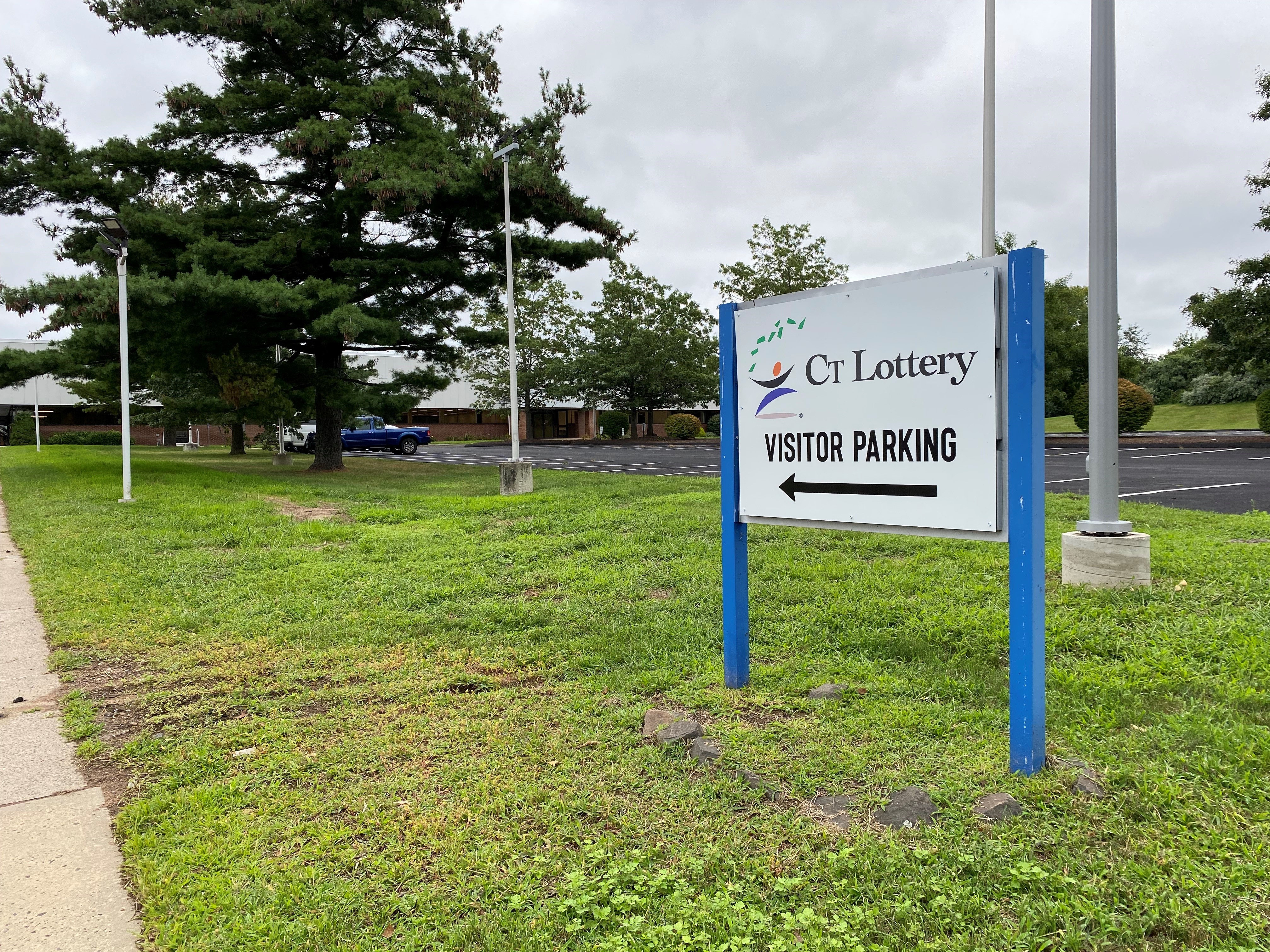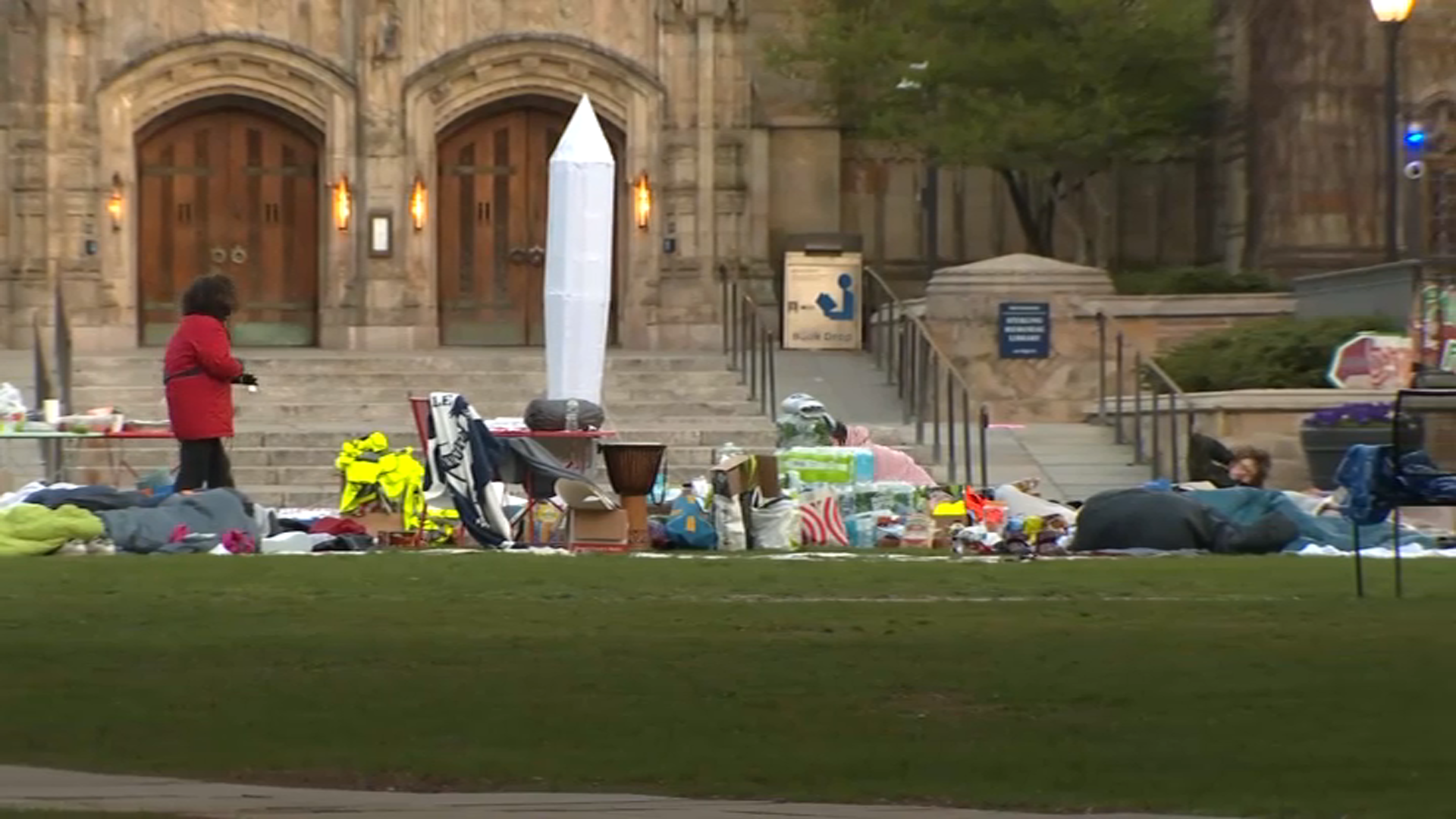Uncertainty is the main word being used in city and town offices across Connecticut as the state is expected to go without a budget when the fiscal year ends on June 30.
The anxiousness is directly linked to how much cities and towns will assess their residents for car taxes to start the fiscal year. Car tax bills are normally sent out for July payments, but with the state’s cap on car tax mill rates in limbo, Newington, Manchester and Torrington have already told their residents the municipalities are going to wait to send them until the state has a budget.
"Not knowing what that mill rate is going to be at the end of the session or the budget deliberations poses a great problem for the City of Torrington," said Torrington Mayor Elinor Carbone. "We don’t want to be put in a position where we’re billing our taxpayers at 32 or 37, to find out that mill rate changes."
The state law that caps car tax rates was approved in 2015, and according to the law all car tax rates would be capped at 32 for cities and towns in the 2017-18 fiscal year. However, throughout budget talks in the 2017 legislative session, the assumption among both Democrats and Republicans has been that the cap would remain at 37, the rate for 2016.
The reasoning is that lawmakers recognized they wouldn’t be able to provide enough funds to cities and towns at the lower mill rate, so they decided unofficially to leave the cap flat at 37. That led to headaches for some cities and towns because they were all under the impression the cap would be reduced. There is even some discussion that the cap could disappear altogether during budget talks.
The governor, however, said there’s no reason cities and towns can’t send out tax bills like they always do.
"Sure they can," Malloy said.
Local
Speaker of the House Joe Aresimowicz said no one should have been surprised in local governments that the car tax cap was going to remain unchanged, since it’s been a consistent topic of conversation for months,
"I’m not sure why they can’t assess," Aresimowicz said. "Obviously the 37 is what we’ve been saying all along as where expect to equalize the car tax rate to stay at. They should just move forward with that. I don’t see it going any lower."
Carbone said it’s not that simple, and says she wouldn’t be comfortable sending out supplemental tax bills to make up the lost revenue if the rate changes later in the year.
"Plain and simple it’s just too confusing for the taxpayers to get a bill on July first, be told they must pay it by July 31, and then receive a supplemental bill. It’s just too confusing."



